Jury Interview: Peter Post
Peter is the Chair of the UX Design Awards Jury 2020-2023 Spring
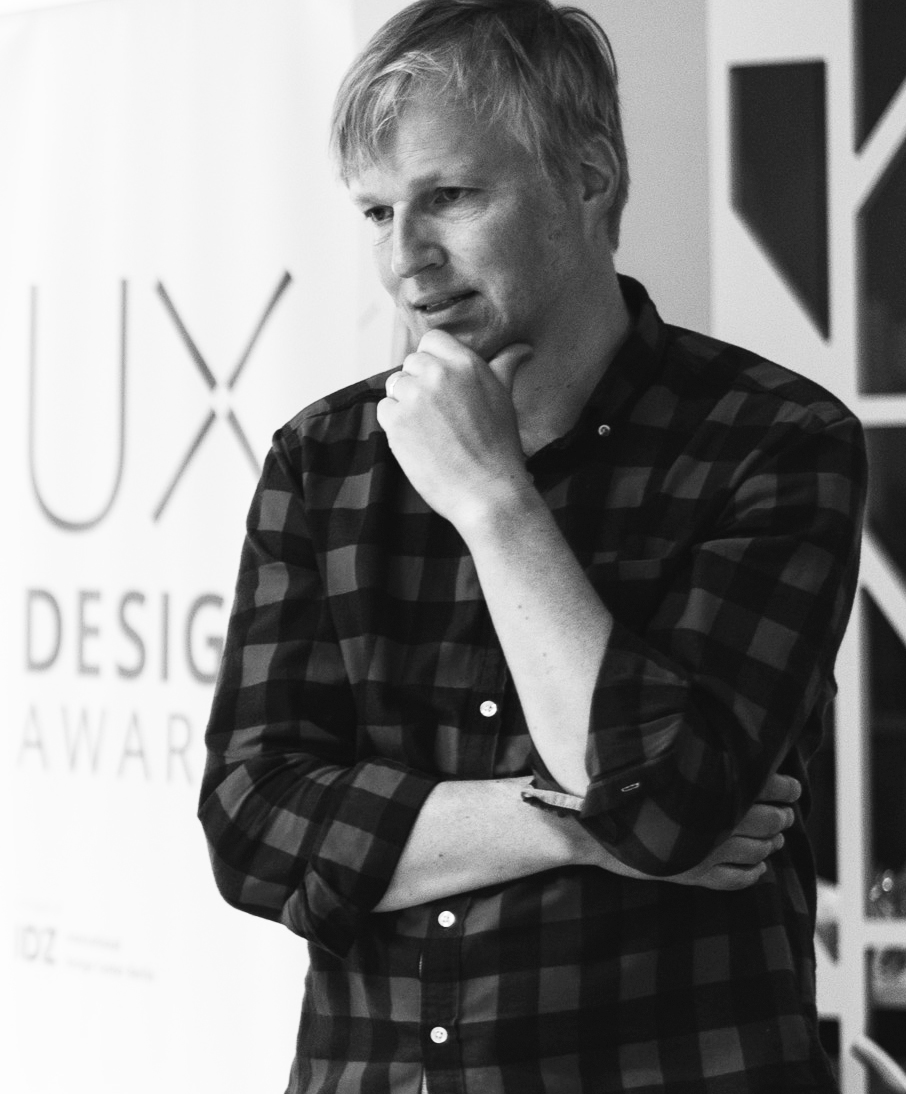
Shortly after the jury session in July 2020, we spoke with Peter about his experience as a key member of the UX Design Awards jury, the trends emerging among this year’s participants, the impact of Covid-19 on the industry – and about crisis as an opportunity.
Peter, can you tell us a bit about your work and about digital service design? What do you do, what pushes you in your daily job?
I am a designer. At Scholz & Volkmer, a creative digital agency, I am responsible for service and UX design. We work for a wide range of clients, but have a certain focus on mobility. For example, we designed the DB Navigator App for Deutsche Bahn, but also did real-time data cockpits for cars and electric scooters. We developed our own start-up in climate neutral city logistics and have a variety of projects and clients in the bike industry. We also follow our own sustainability strategy, called “Shared Value”. And that is also what drives me in my work as a digital service designer: creating value for brands, people and the planet.
You’ve been the chairman of the UXDA jury for the last two years. How did you experience judging UXDA20?
I mainly do juries to learn – from other experts and other industries. In this regard, seeing the wide range of expertise in the jury, with people from health, mobility, industry 4.0, as well as different perspectives from agencies, universities and clients, UXDA20 really delivered!
I remember we had a lively discussion last year on whether the jury should limit itself to simply assessing the quality of the works or also take into account their purpose. This year, we didn’t need to discuss that. It seems that the industry came to its senses. There were a lot of entries that served commercial goals just as well as human needs; and plenty of submissions that addressed social or ecological issues.
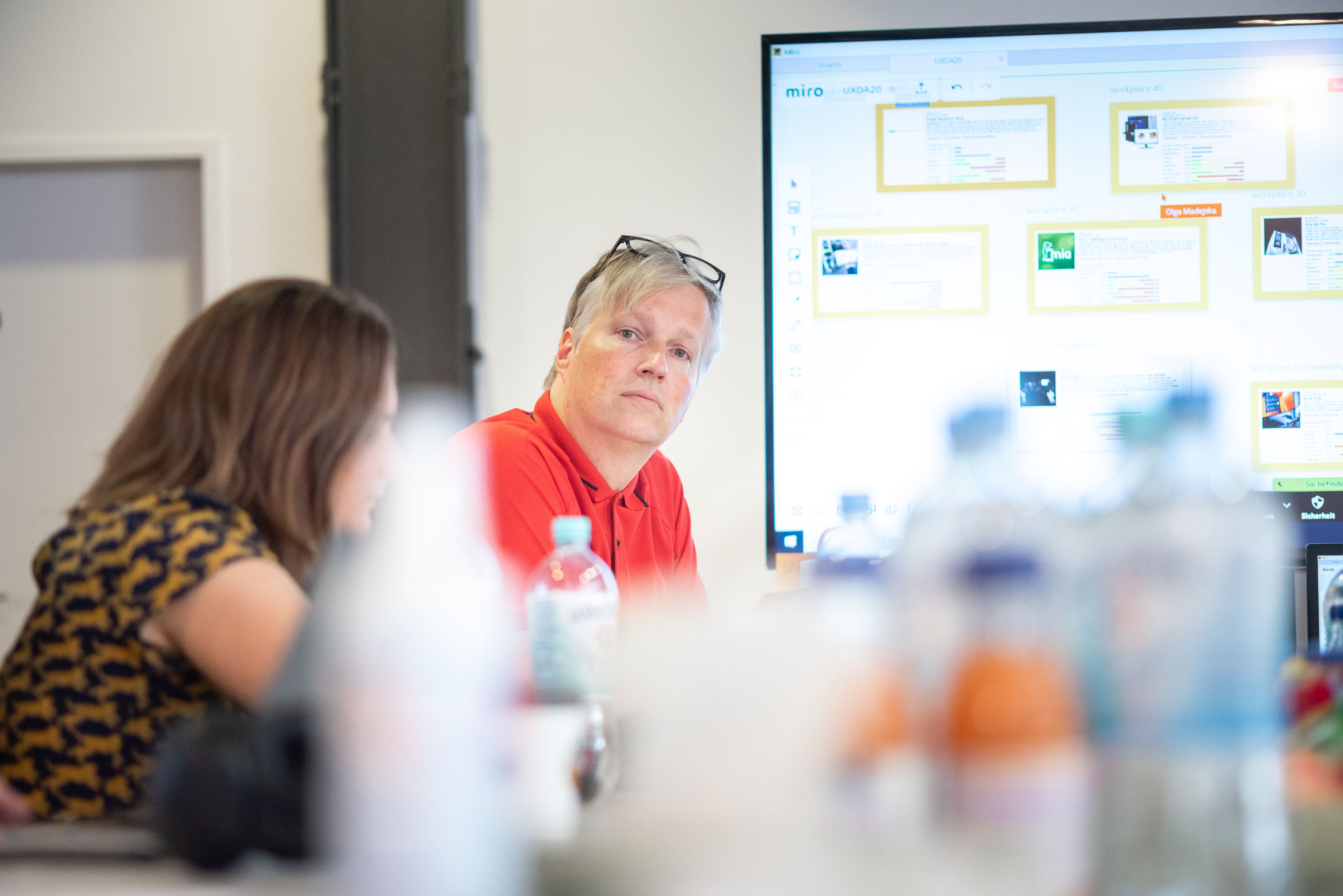
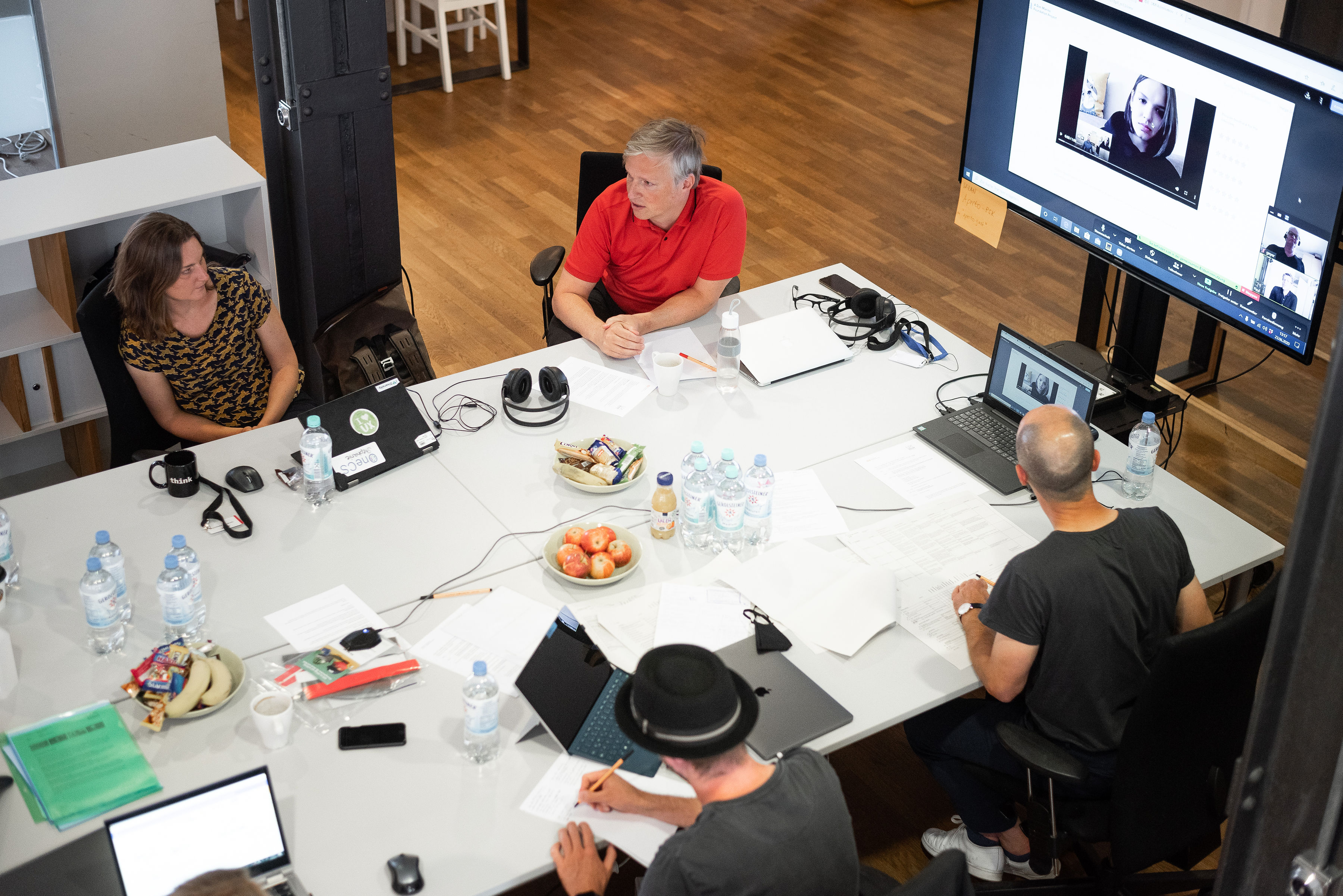
We introduced the New Talent Award for young designers this year, to great response. Were you surprised by the quality of the submissions?
I was surprised by how mature and serious the work of “our young guns” was. They did their homework in user research, and translated their insights into great concepts. Of course it can be unfair to compare professional entries to student submissions, as the students – mostly – did not have to steer their ideas across the „ocean of compromise“ to actually bring them to market. But the many submissions made it very clear that the young talents have huge potential!
What I missed in the student work was a little more bravery when it comes to the actual UI. Most of their interfaces looked as serious, clean and mature as their insights – pretty mainstream, to be honest. It seems to be OK to take some UI kit out of the box and build your design from that. Only a few students actually went out there and experimented. And that’s a pity, because that’s what studying is all about.
Striking: there are many health solutions among this year’s winners.
This was not a focus of the jury. These were just the best projects amongst the entries. That said, health is becoming a big business amongst tech companies, so that pushes e-health. As for the winners, Covid-19 did not have as huge of an impact as one might think. Actually, I believe there were two projects among the winners that had a direct connection to the pandemic: a platform connecting maker-spaces and hospitals to produce gear in a crisis and a learning/social network for families and local businesses.
Yes, I think Covid-19 will have a major effect, just like any crisis, be it political, social or ecological, will and should. Crises affect people’s behavior, and that’s the very core of our work as UX designers.
IDZ had invited finalists of different European Covid-19 hackathons to participate in the awards. Do you think Corona will have a major impact in the field of UX, too?
We are looking back on a few months now of designers and architects coming up with ideas dealing with Covid-19 and pandemics in general. Some were really inspired; some mainly served self-marketing-purposes and could be labelled as “pandemic porn”. In the Awards, we were happy to see several serious approaches, even services that have already proven their worth in the field.
Yes, I think Covid-19 will have a major effect, just like any crisis, be it political, social or ecological, will and should. Crises affect people’s behavior, and that’s the very core of our work as UX designers.
I recently came across the phrase „form follows infection“. That is a bit strong. But we will see some dimensions being added to what we believe to be „functional“. Infections are one of them, but emissions and privacy are other concerns – and opportunities – that will become a part of our future assignments as UX designers.
A whole lot of good and bad things will happen, when more things – including living beings like trees and bees – become part of the Internet of Things. UX designers should take a lead in this to create useful and ethical services, instead of just opening another chapter in surveillance capitalism.
If you take a look into the future: which fields or industries do you expect to make the biggest leap? Which technologies will play a key role in the coming years?
Health will definitely take big leaps. Not only because it is about us humans, but also because it’s big business. The four horsemen – especially Apple and Google – are investing huge sums in this field. Other tech companies will follow, pushing the industry to become even more software and data-driven. And they will want us patients to do more of diagnostics and treatment ourselves – to save money and get our data. So there’s a lot of self-service coming up in health. I am not judging whether this a good or a bad thing, but it will certainly be the job of UX designers to make it happen.
As far as technology goes, I personally get less and less excited about devices. Smartphones, PCs, cars and other stuff will increasingly morph into each other, but that will not really change the game. Software will, especially AI. And sensors. A whole lot of good and bad things will happen, when more things – including living beings like trees and bees – become part of the Internet of Things. UX designers should take a lead in this to create useful and ethical services, instead of just opening another chapter in surveillance capitalism.
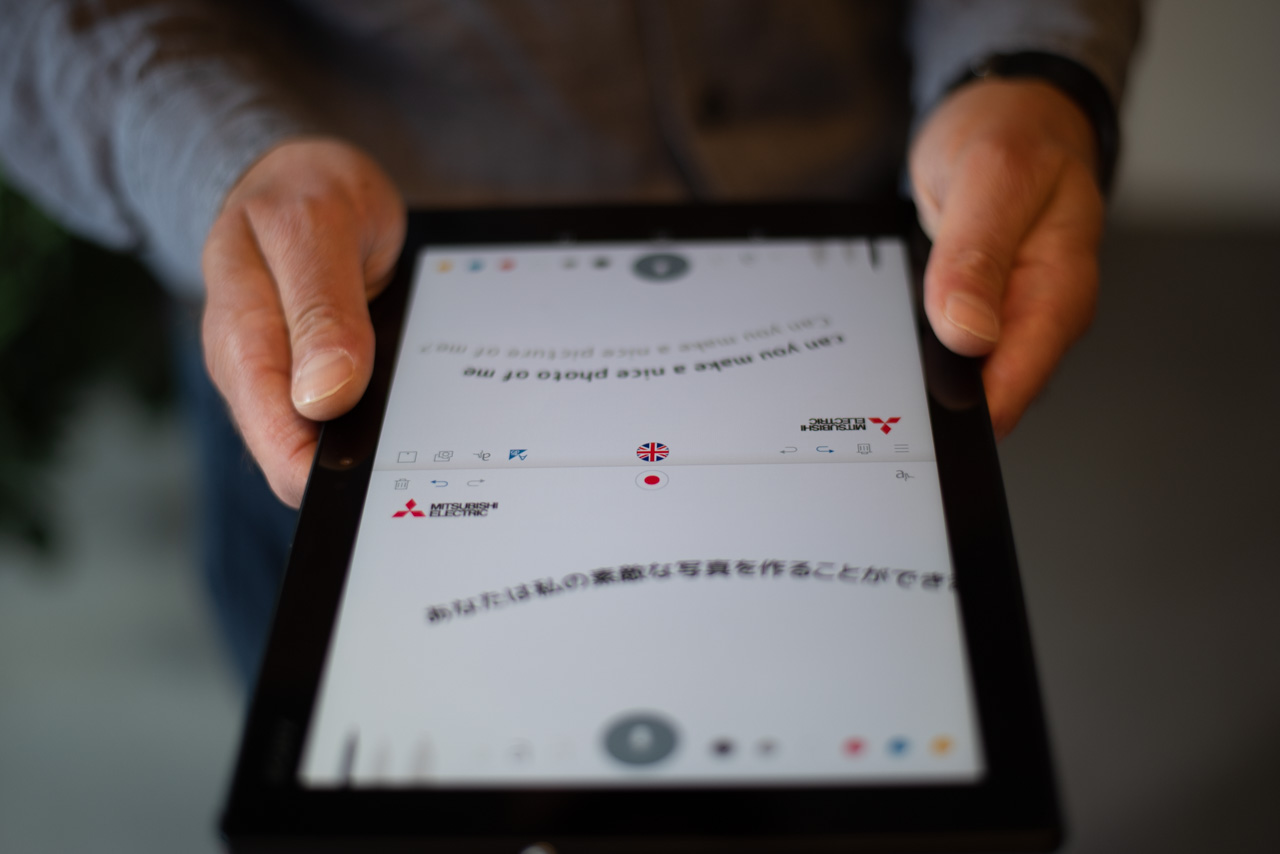
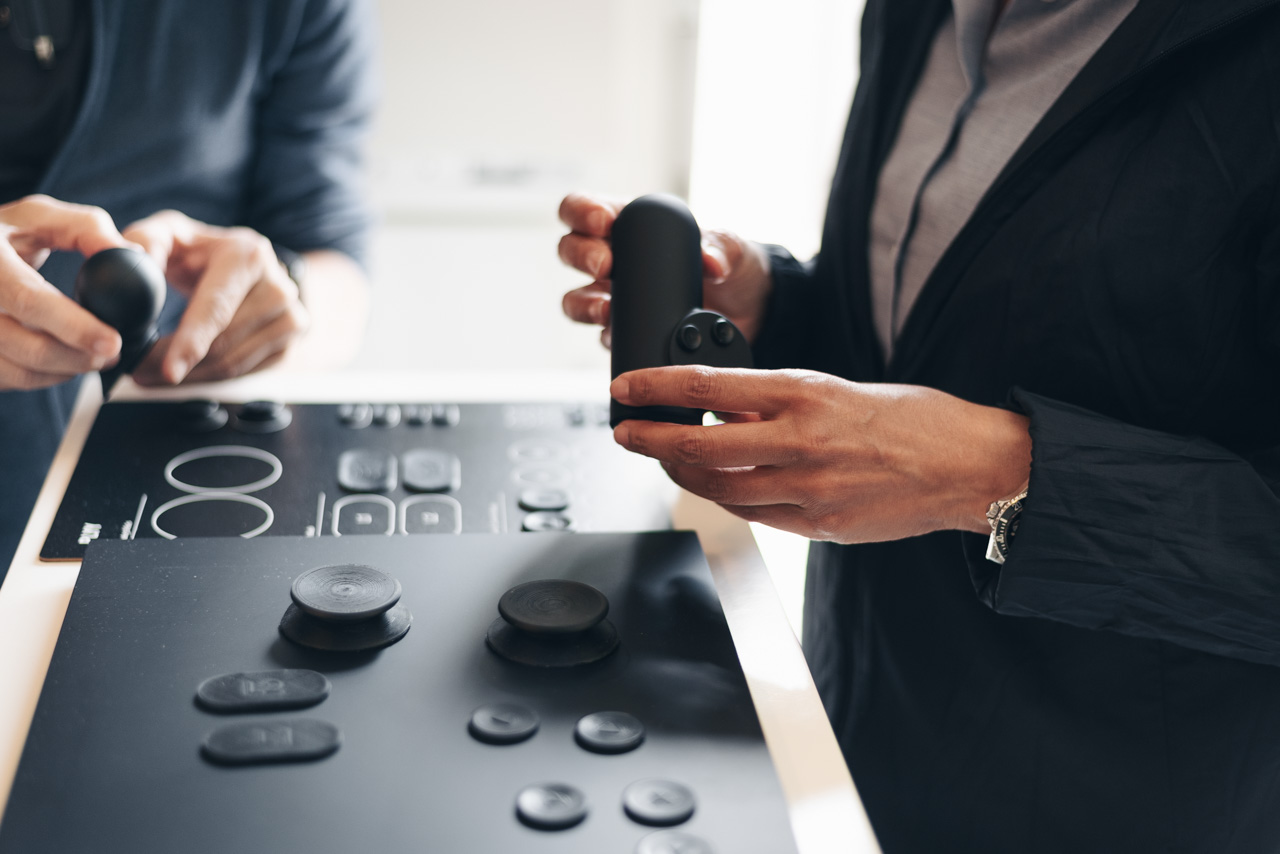
Focus of designers/UX design: What’s still missing for you?
I would like to see the same effort and intelligence that goes into health and fintech to be invested into the field of climate protection. UX designers should do more in this field. The new European Green Deal and the legislation coming up to push the circular economy makes this an interesting market, also in terms of business. So, even if designers are not into it in order to foster positive change, there are economic reasons to jump on this train as well. The planet does not care why we save it. UX can do a lot to impact peoples’ behavior in a positive way. So, let’s do it!
Another overlooked field is politics, and the human experience in the legislative, executive and the judiciary systems. Last year, we had a promising entry from Slovenia, which aimed to improve the UX for citizens going to court. I would like to see more of this. And, you know, there’s money in here as well! It’s called taxes: we all pay them. Governments spend big money on consultancy firms. UX designers should claim a part of that budget to actually improve citizen experience, not politician experience.
Digital activist Aral Balkan demanded that the Universal Declaration of Human Rights should be applied to the digital realm. I think that is a very good idea, let’s make machines learn that before they learn anything else.
What makes a great UX? What can go wrong?
Great UX will always be about effortless and joyful experiences of humans. This is very hard to achieve, and there’s no shortage of problems and tasks that people face and will have to face. So, the good news is: there’s lots of work ahead for all of us!
The bad news is that more and more of these experiences are shaped not by us, but by algorithms that even their creators do not understand or control anymore. “Black UX”, done by UX designers is bad, but there is a hope that these people are also bad at doing it. A machine does not even know what “bad” means, but might become very good at doing “black UX”. Digital activist Aral Balkan demanded that the Universal Declaration of Human Rights should be applied to the digital realm. I think that is a very good idea, let’s make machines learn that before they learn anything else.
Finally, what advice would you offer to future UX Design Awards participants?
Make your work count. That does not mean that every project or entry has to address serious social or ecological issues. An app that supports a construction worker in doing a more efficient job also counts. An app that makes sitting in the back of a car for kids more fun counts. Make your work count, then our jury will make it count as well!
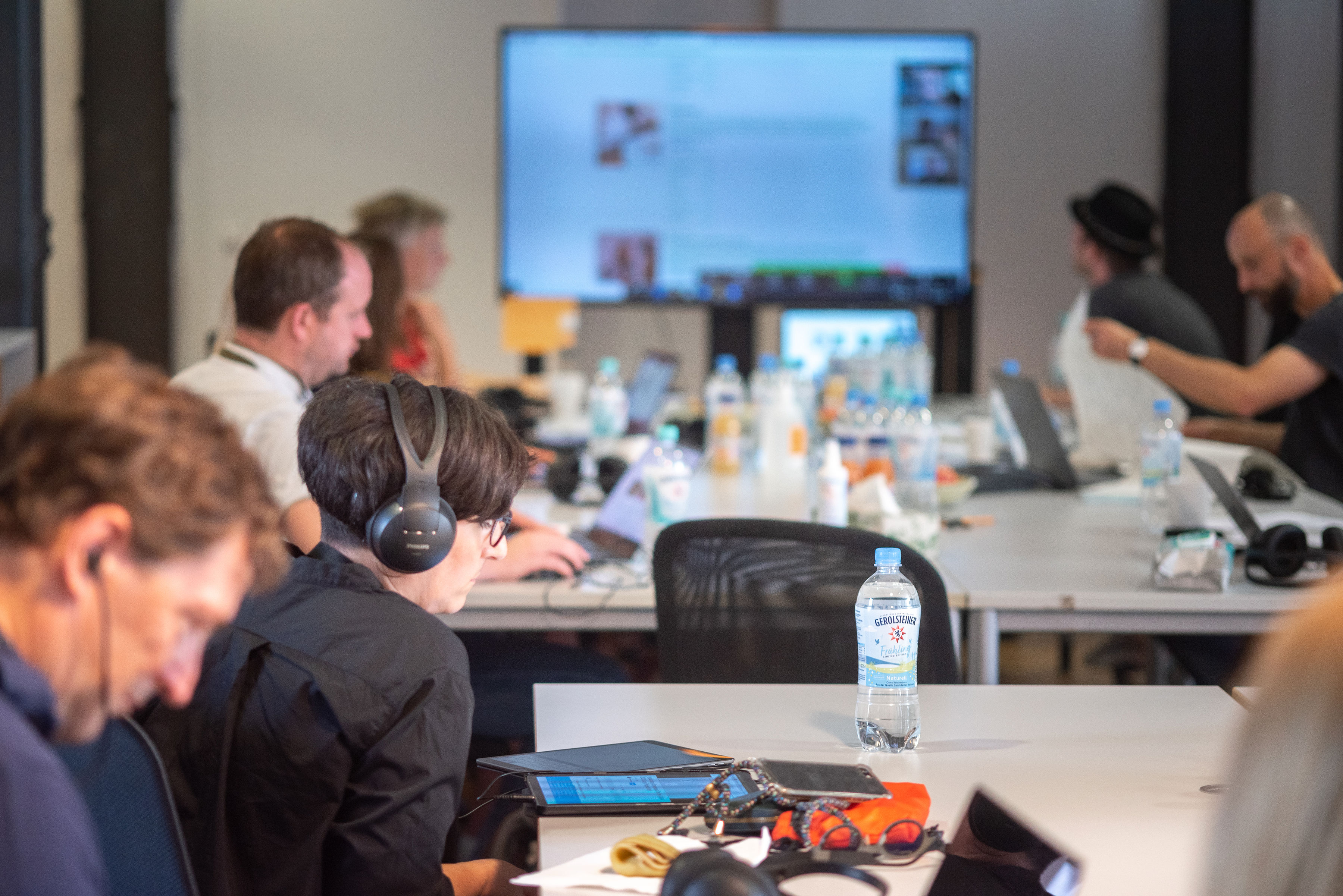
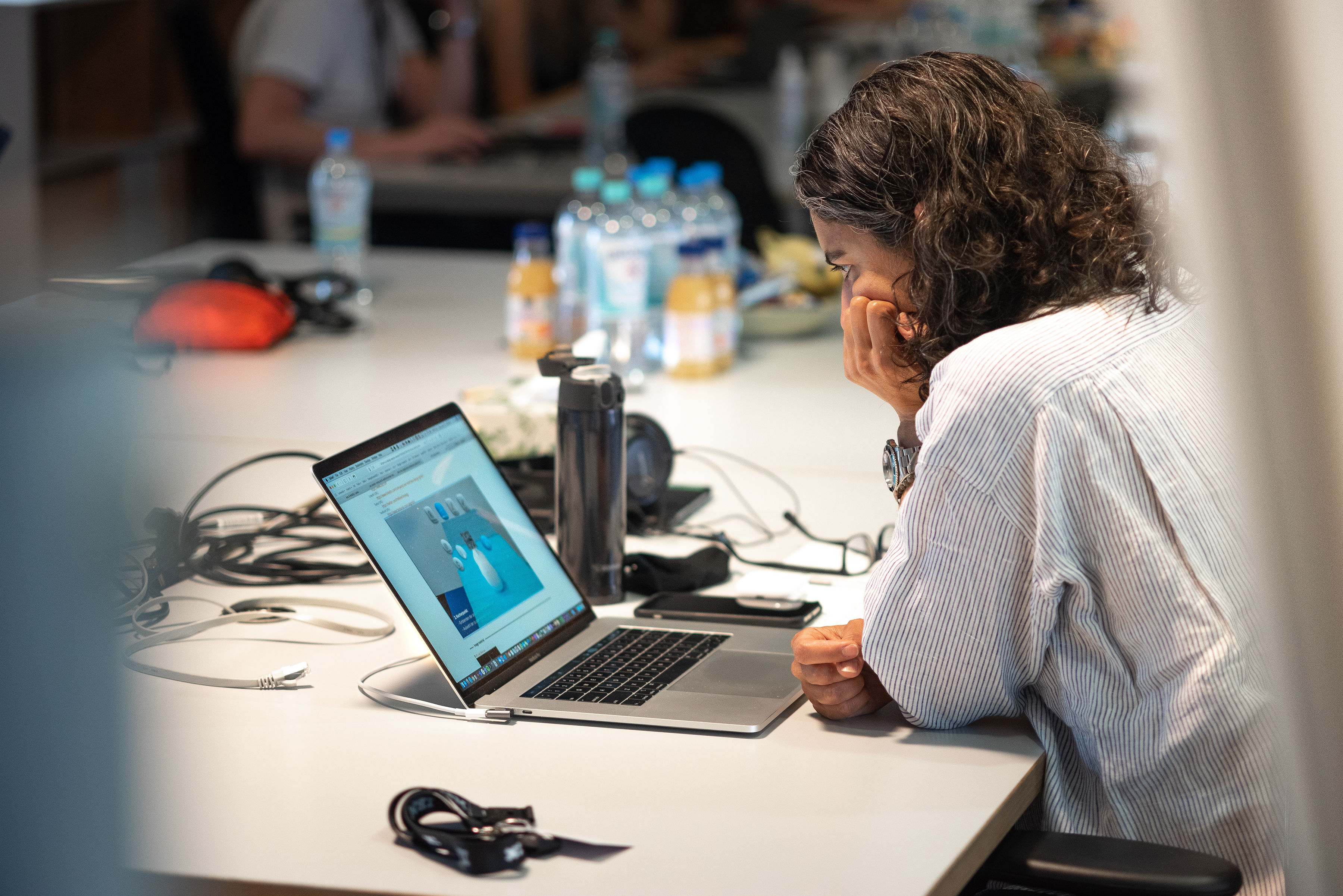
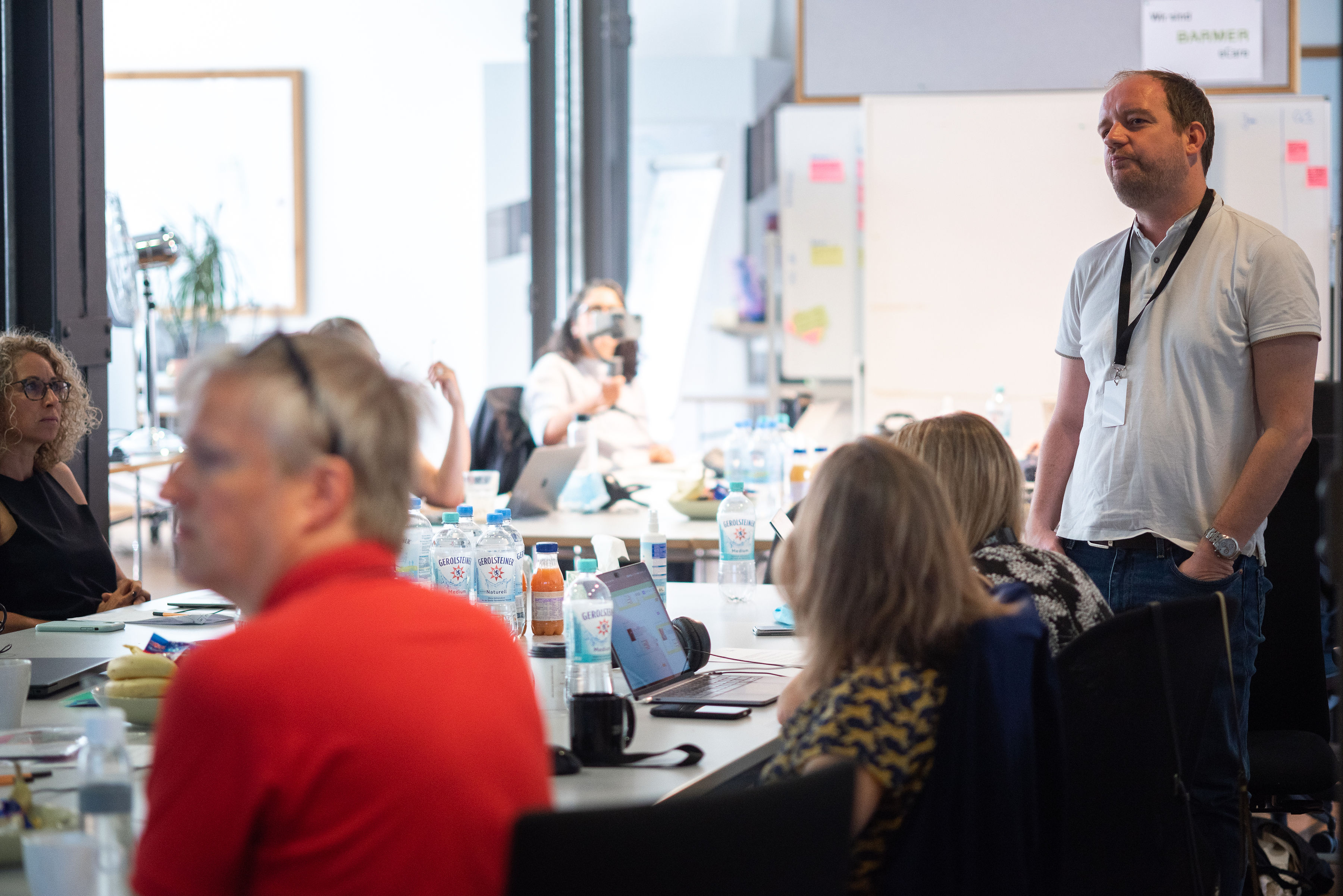
Peter Post is general manager at the creative digital agency Scholz & Volkmer. The expert on digital service design has been chairman of the UX Design Awards jury since 2019. Peter teaches interaction design and user centered design. His work has received awards such as the red dot, the iF and the ADC, among others.